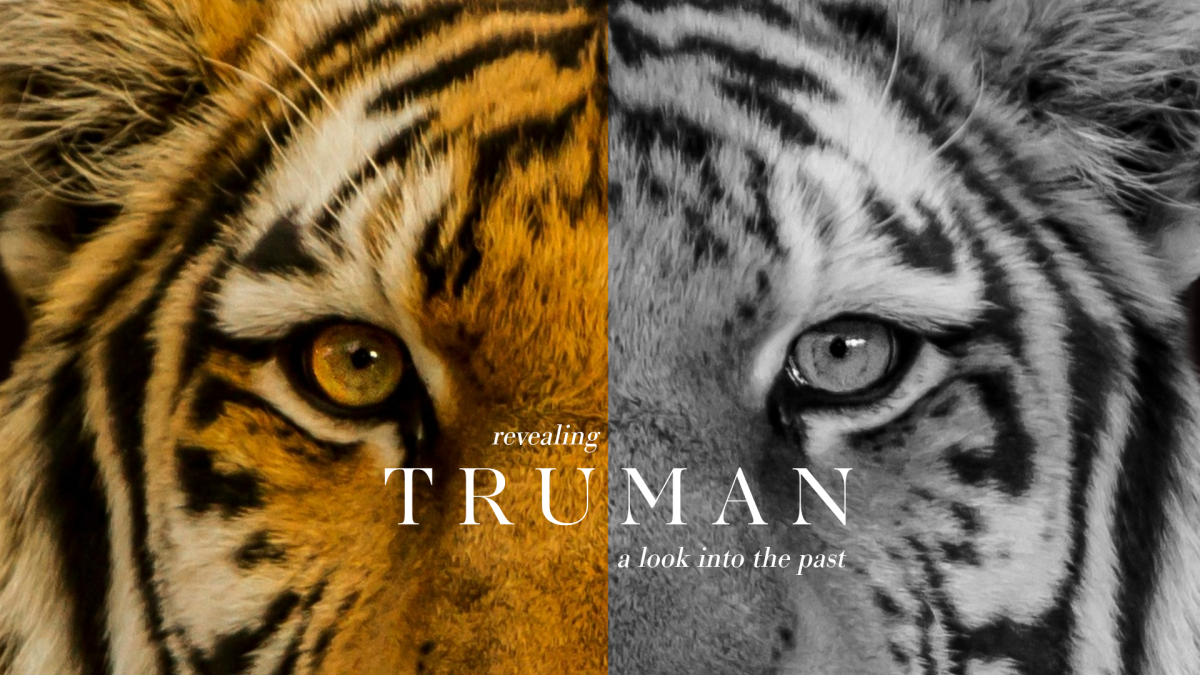Sufjan Stevens inquires about love and regret with folk roots in a 10-track orchestral composition.
Released Oct. 6, Sufjan Stevens’ tenth studio album “Javelin” is a clean-cut yet vulnerable take on long-term love, his relationship with God and regret.
Stevens has an impressively large discography, with 72 musical releases in total. It has been 19 years since he gained recognition with the release of his 2005 album “Illinois,” an indie-rock, folk, orchestral concept album about the state. As he progressed after the creation of “Illinois,” he experimented with electronic, art-pop and indie-folk sounds.
Stevens oscillated between these genres as he continued to release music, but “Javelin” combines his strength in indie-folk with classical composition into a short but sweet 10-song album.
“Javelin” is similar in some ways to his 2015 release “Carrie and Lowell.” While the latter reflects on emotions surrounding his mother’s death, “Javelin” deals with Stevens’ experiences with love — the good, the bad and the in between. They discuss different types of love but both touch on something vulnerable to Stevens’ life, allowing listeners to get a closer look into Stevens’ psyche.
Upon the release of “Javelin,” Stevens dedicated the album to his late partner Evans Richardson.
“He was one of those rare and beautiful ones you find only once in a lifetime—precious, impeccable, and absolutely exceptional in every way,” Stevens wrote on Instagram.
One of the singles released prior to “Javelin,” — “Will Anybody Ever Love Me?” — takes an honest approach to the innate desire to be loved. In the pre-chorus, he writes, “Tie me to a tiny wooden raft / Burn my body, point me to the undertow,” illustrating the lengths he would go to find connection.
The song’s chorus is a relatable earworm, with swelling background vocals that add depth to its sound. The electronic beat and orchestral woodwinds; the call and response chorus; and the relatability of the song make it Stevens’ strongest on the album.
“So You Are Tired” is a bittersweet piano ballad about a person growing tired of their lover. Despite the fatigue that can come with trying to save a relationship, with Stevens’ writing “I was the man still in love with you / When I already knew it was done,” listeners can still feel the love between the two individuals.
There’s a sense of honesty to his writing as Stevens asks questions like, “Was it something I said or some kind of joke?” The song crescendos into a heart-rending musical break, with orchestral percussion and surging background vocals. He expertly tackles the conflicting feelings of anger and love in letting someone go. Stevens’ expression of these unguarded emotions creates a cathartic opportunity for the listener.
The last song on the album, “There’s a World,” is a stripped-back Neil Young cover which Stevens makes his own. Contrasting the complexities of love covered in the rest of the album, this song provides a simpler sense of hope. Stevens sings, “There’s a world you’re livin’ in / No one else has your part,” accompanied by his intricate guitar plucking and breathy backing vocals.
Stevens’ references to God throughout his discography as well as in this album, like in “Everything that Rises.” Providing clarity when he sings “All God’s Children in the wind / Take it in and blow real hard,” it’s a sweet ending to an album exploring such vulnerable topics of love and regret.
“Javelin” is an emotional listen, but Stevens plays to his strengths —orchestral composition and stripped-back songwriting. Though not necessarily an easy listen, the vulnerability present throughout the album makes it a valuable addition to Stevens’ discography.
Edited by Alex Goldstein | [email protected]
Copy edited by Katie Hoffman and Sterling Sewell | [email protected]








